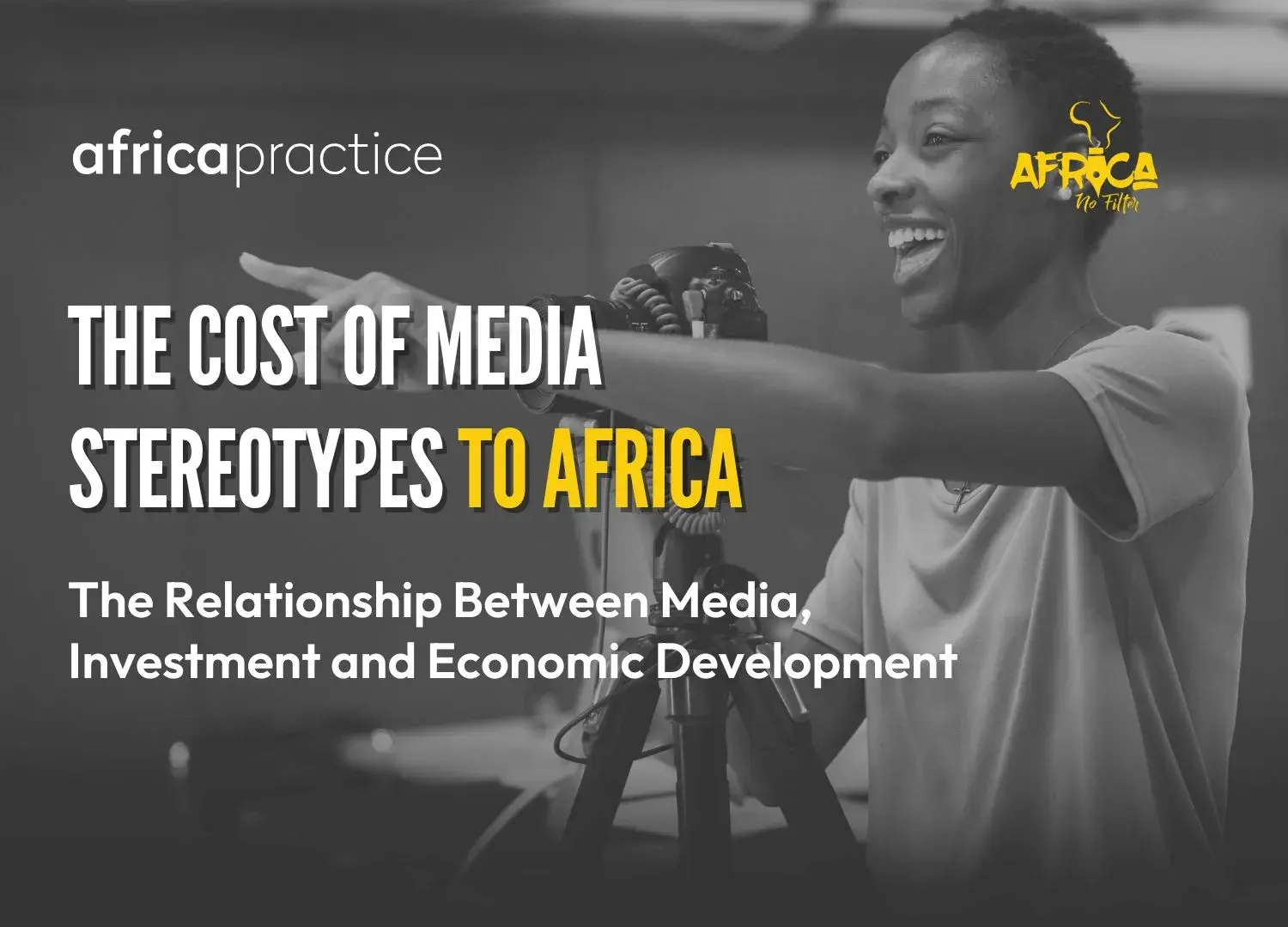- cross-posted to:
- finance
Africa is losing up to $4.2 billion annually in interest payments on its loans due to stereotypical narratives that dominate global media coverage of the continent, study says
Biased media coverage imposes on African nations a significant cost burden, particularly during electoral periods, ultimately deterring foreign direct investment (FDI) in a continent known for its low default rates and high returns in strategic sectors, research by the ‘Africa No Filter’ and ‘Africa Practice’ finds.
The study used academic estimates indicating that media sentiment can influence borrowing interest rates by up to 10%, with a 10% improvement leading to a 1% decrease in rates.
- Negative narratives dominate the discourse around African elections compared to non-African countries with similar risk profiles. Fir example, 88% of media articles about Kenya during its election period were reported as negative, compared to only 48% for Malaysia, which affects Kenya’s ability to attract foreign investments.
- African countries consistently face higher bond yields, with Egypt having an average bond yield of 15%, compared to Thailand’s 2.5%
- Improved media sentiment could reduce borrowing interest rates by up to 1%, translating to potential savings of $4.2 billion annually across the continent. This amount could fund the education of over 12 million children, provide immunizations for more than 73 million children, or ensure clean drinking water for two-thirds of Nigeria’s population.
The report emphasises that while Eurobond debt servicing constitutes only 6% of Africa’s financing portfolio, further exploration into other financial inflows is essential to fully understand the extent of the ‘prejudice premium’ affecting African nations.
The findings underline the need for a recalibration of global media representations of Africa, urging for more accurate portrayals that reflect the continent’s diverse realities. The study serves as a clarion call for stakeholders in both media and finance to work collaboratively towards fostering a more equitable representation of Africa. By addressing these biases, substantial investment can be unlocked.


